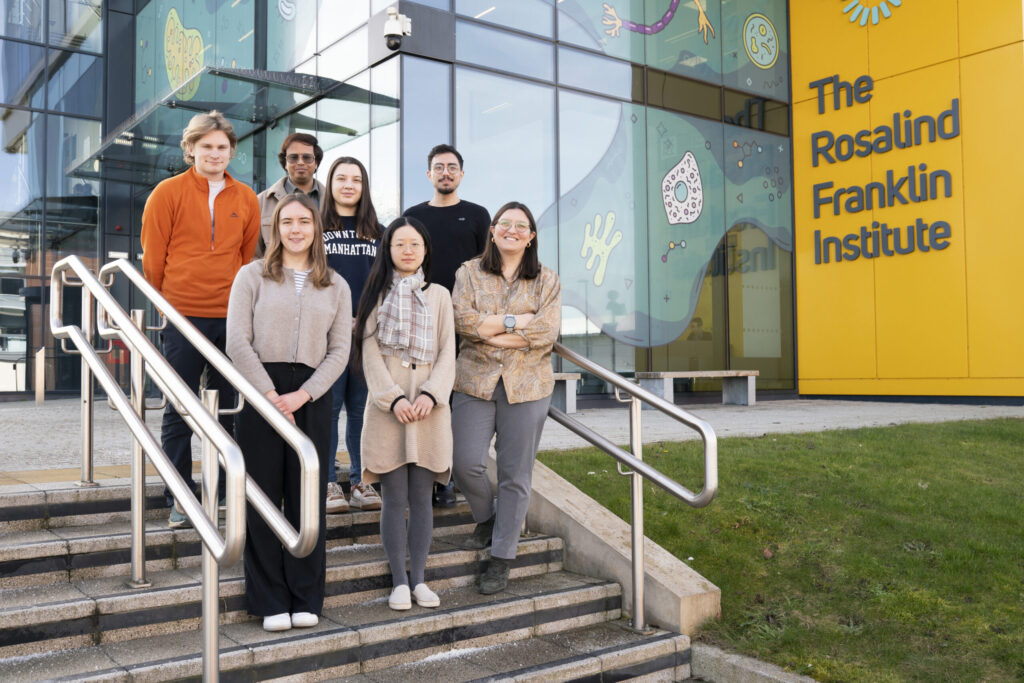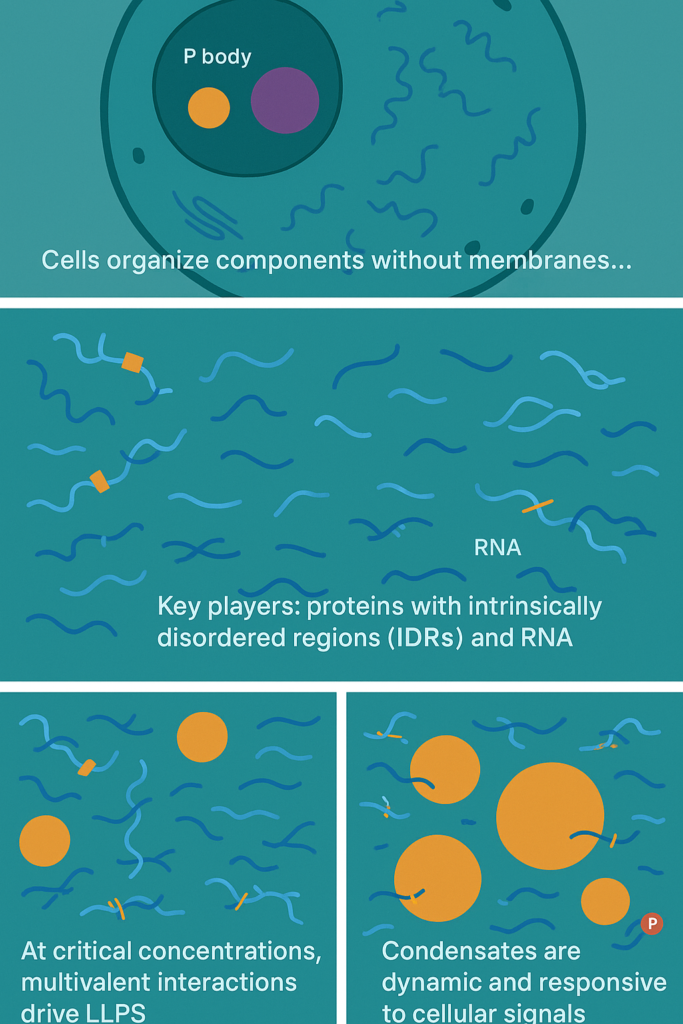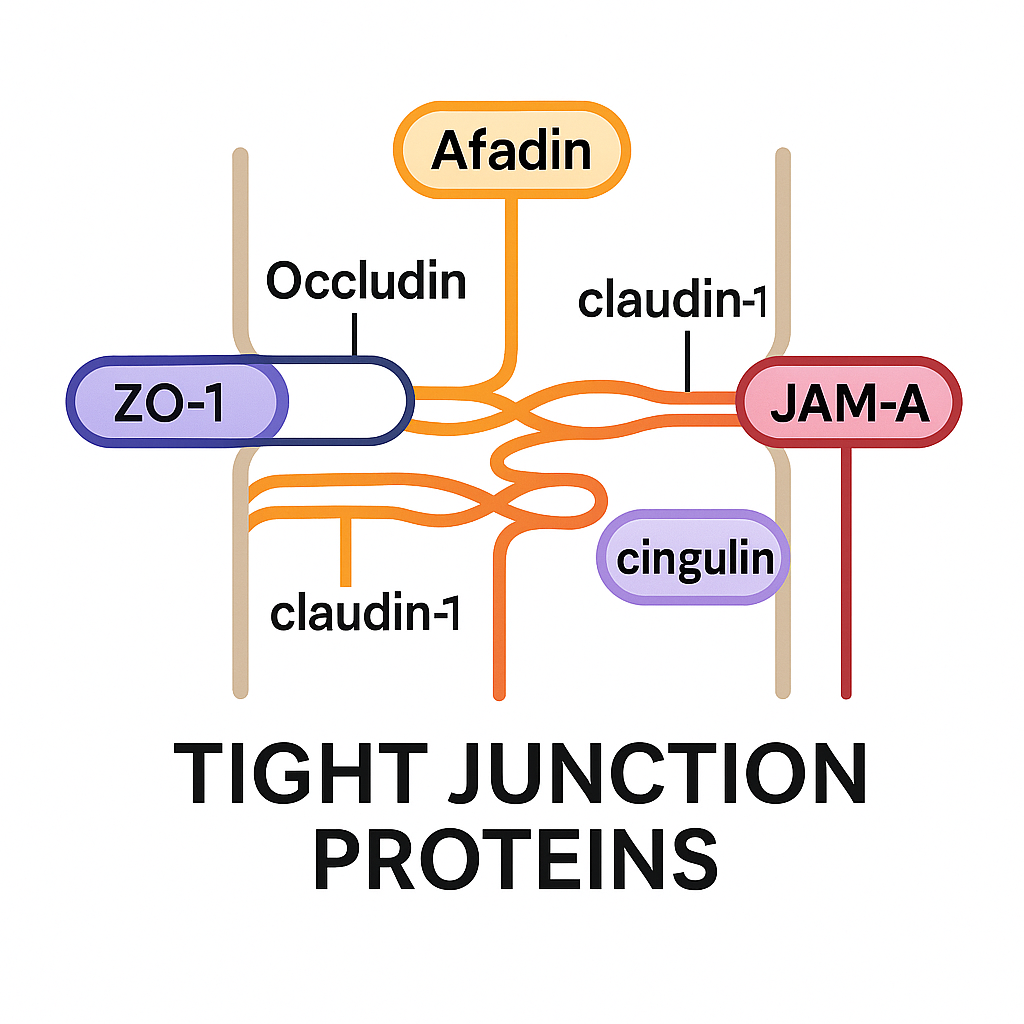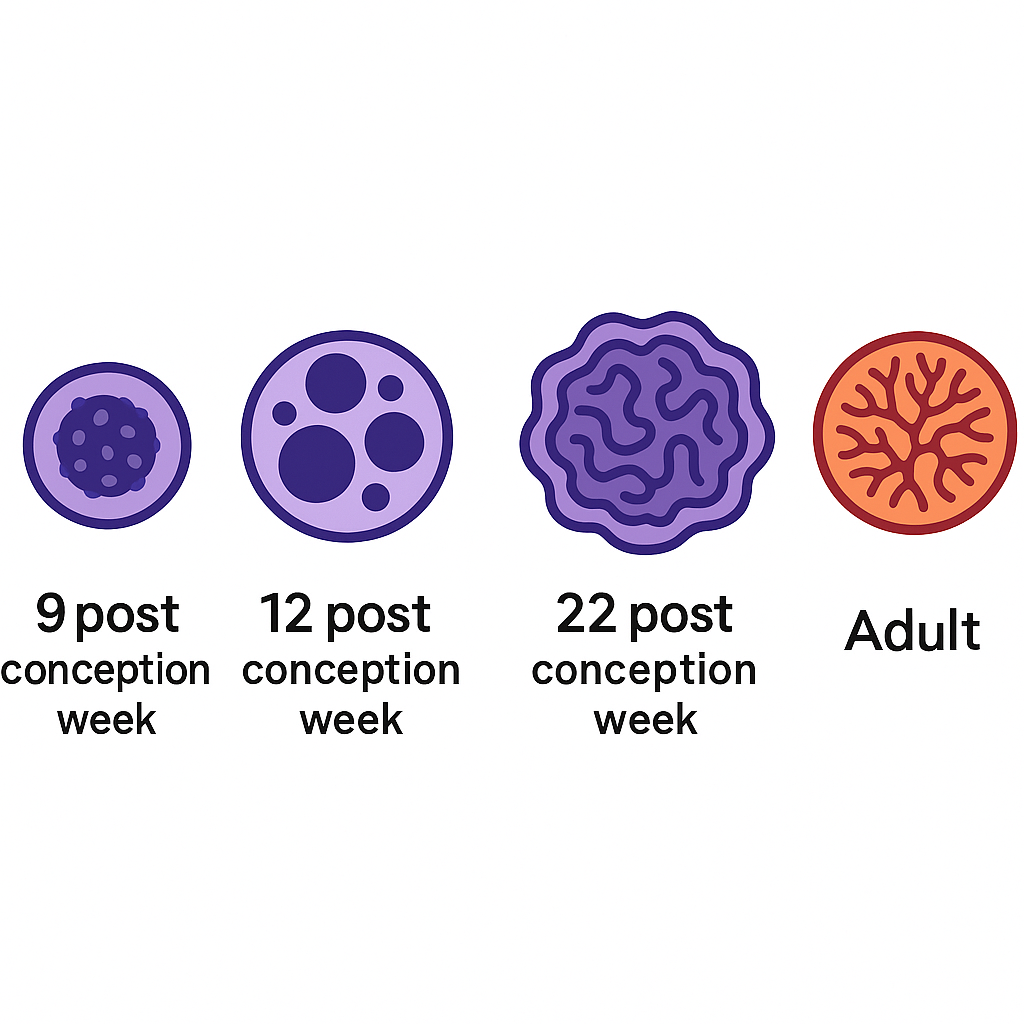Julien Joins the lab in November
as a postdoc
Illuminating the architecture of cellular barriers


At the Pombo Garcia Lab, we are dedicated to unraveling the molecular organization of tight junction proteins using cutting-edge STED (Stimulated Emission Depletion) microscopy. Tight junctions are essential for maintaining cellular polarity and barrier function in epithelial tissues. By combining advanced super-resolution imaging with quantitative analysis, we aim to understand how these intricate structures are regulated in health and disrupted in disease.
Our interdisciplinary team brings together cell biologists, microscopists, and computational scientists to push the boundaries of imaging and explore the nanoscale architecture of cellular junctions with unprecedented detail.
Join us as we delve deep into the structural biology of cell-cell contacts and redefine what is visible under the microscope.

Our lab investigates how epithelial cells maintain barrier integrity through the organization of tight junction proteins such as ZO-1, occludin, and claudins. We use advanced imaging techniques, including confocal and STED microscopy, to visualize these proteins in cultured cells and organoid models. Complementary molecular assays help us quantify expression and assess barrier function, providing insight into how tight junctions contribute to tissue organization and disease.

We develop and utilize 3D Intestinal organoid models to study tissue organization, condensate behavior, and cellular differentiation in controlled environments.

We apply machine learning to analyze complex biological datasets, uncovering patterns in condensate dynamics, gene regulation, and cell-state transitions.

